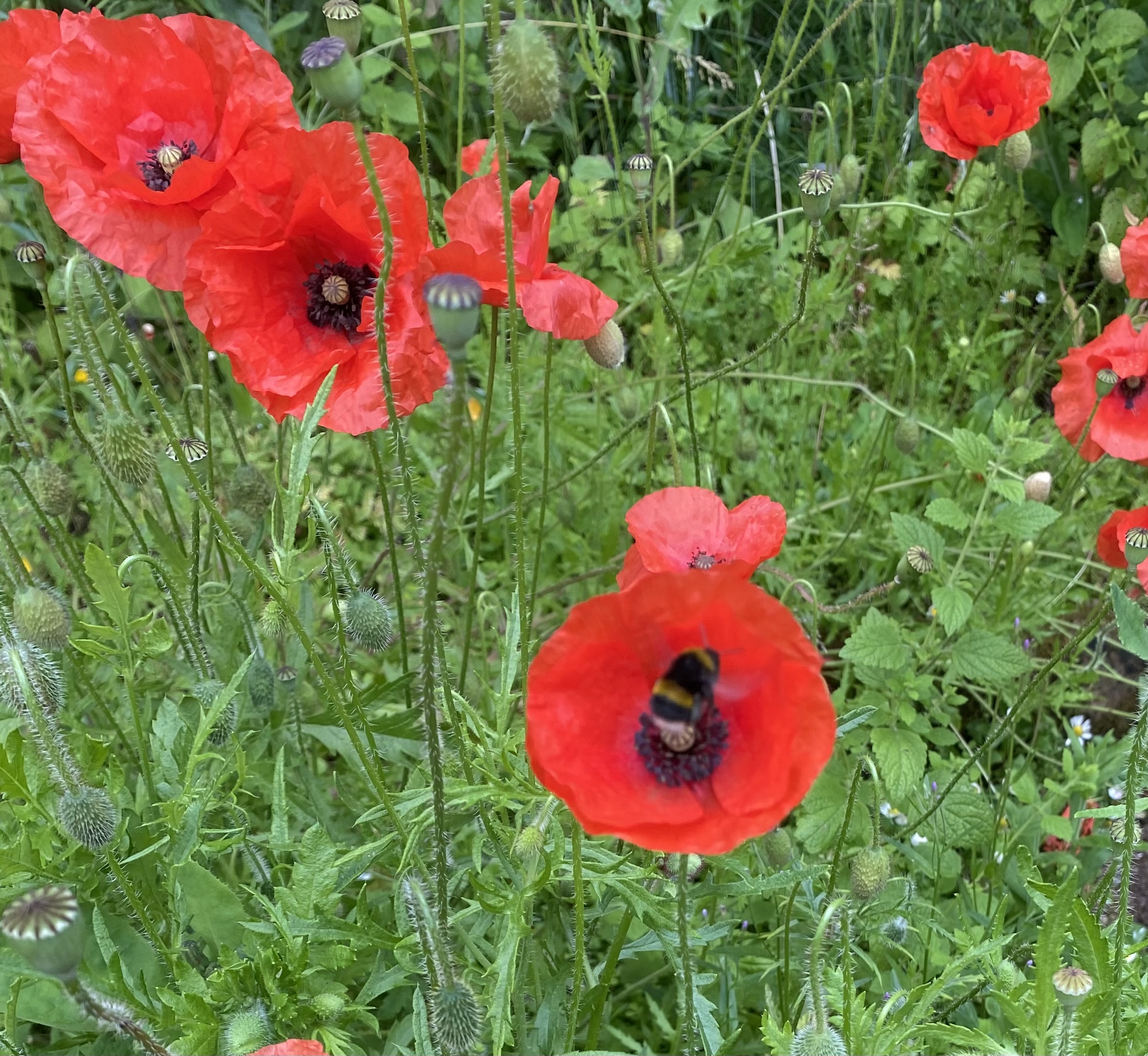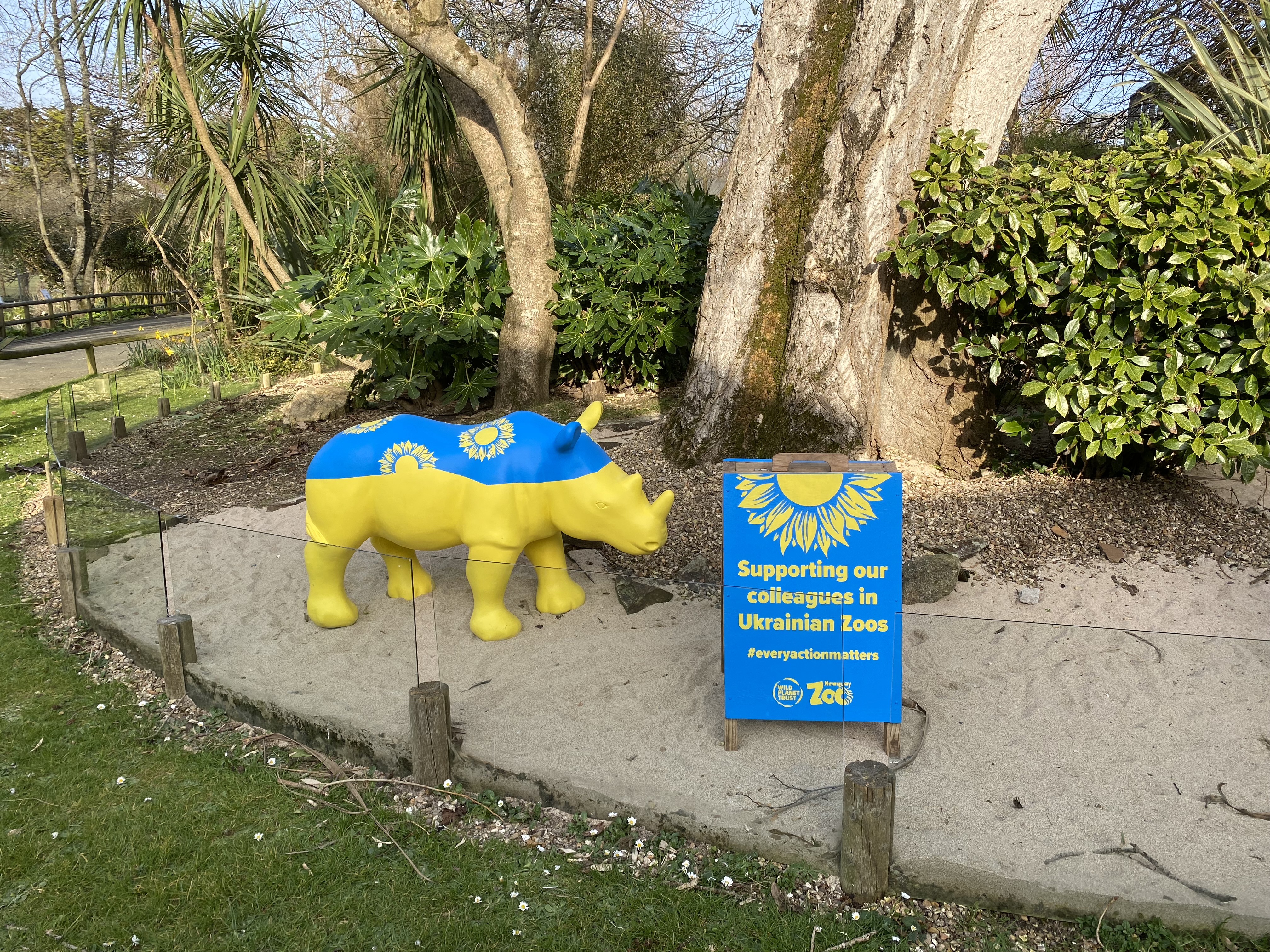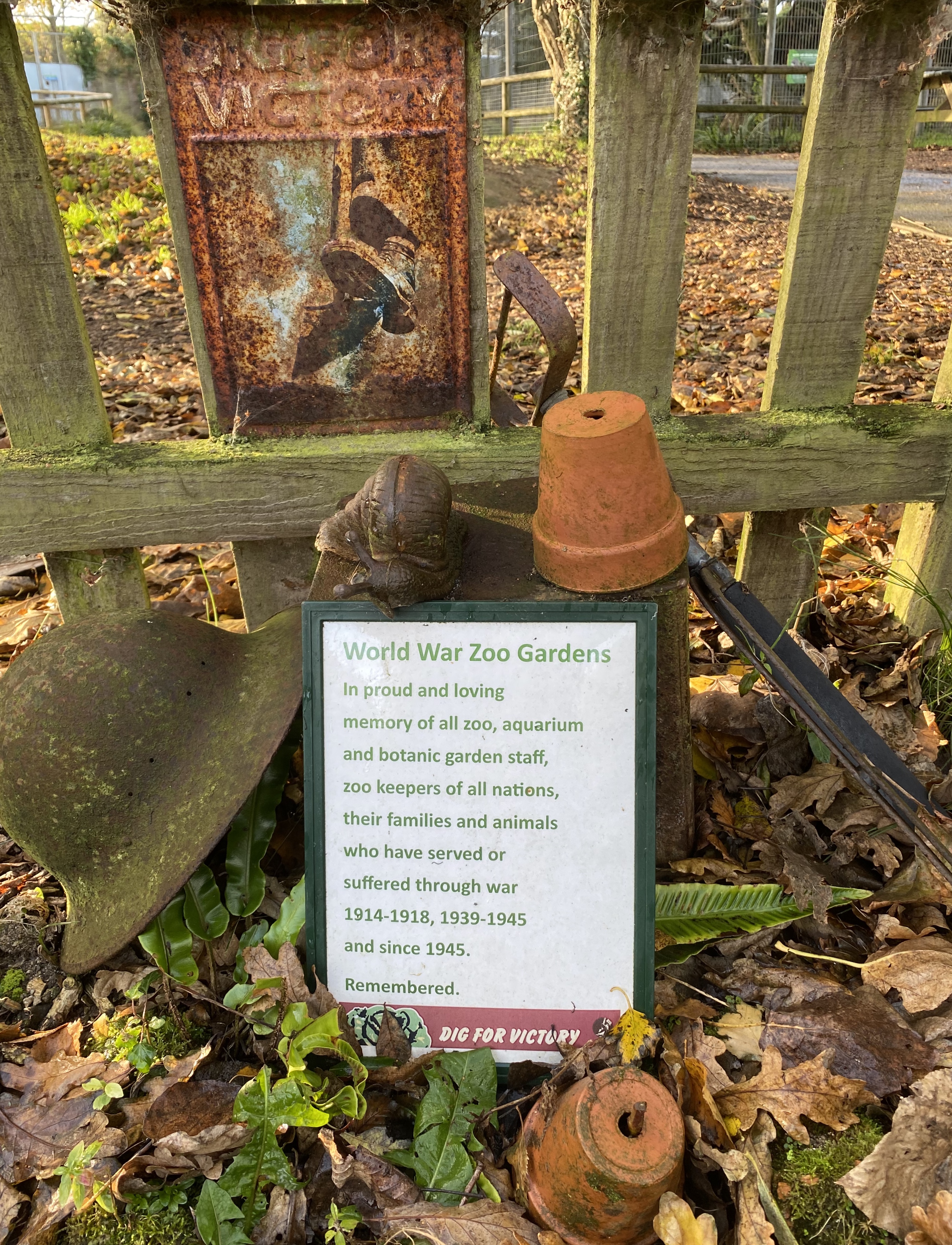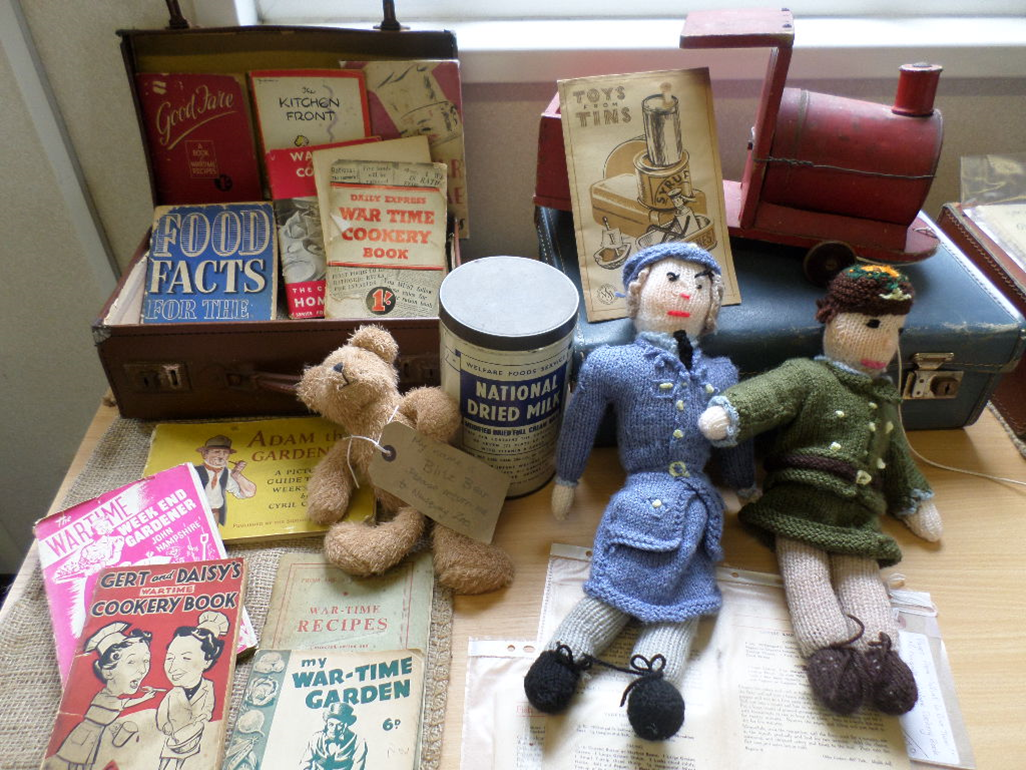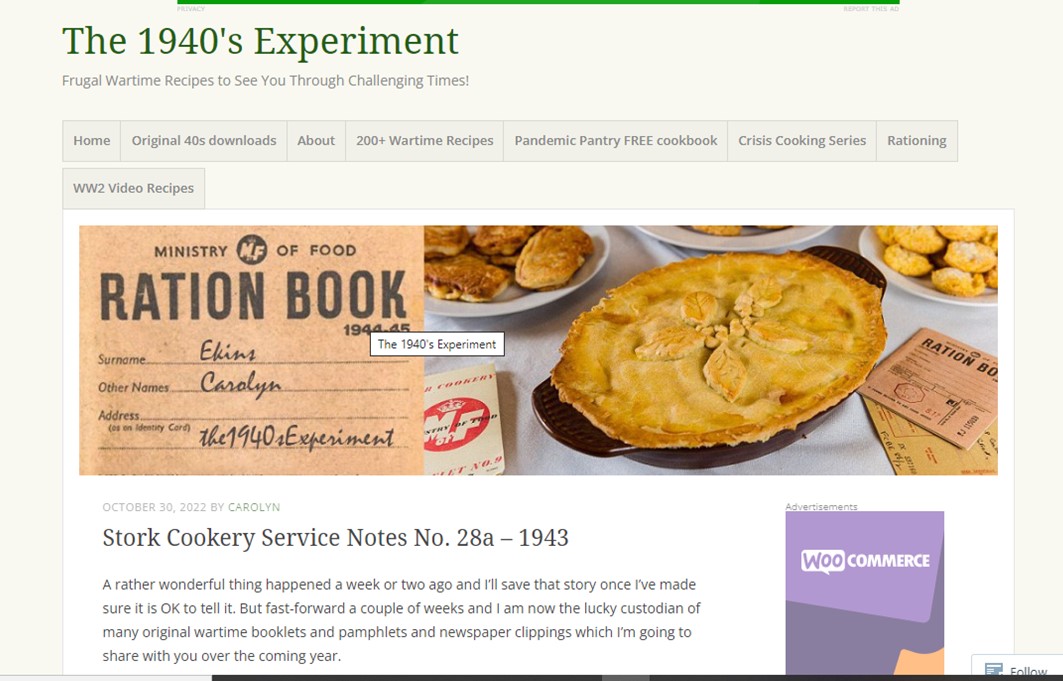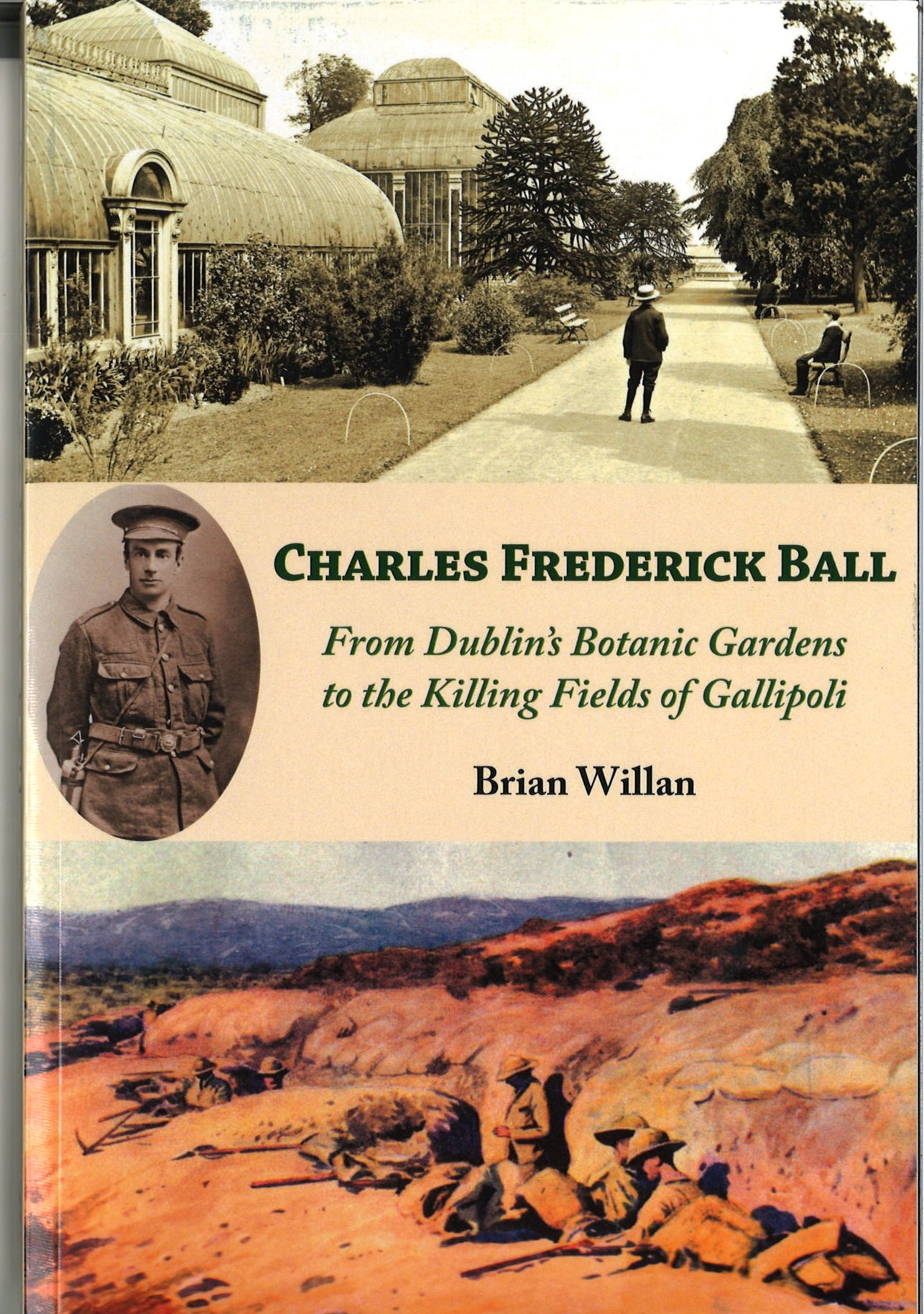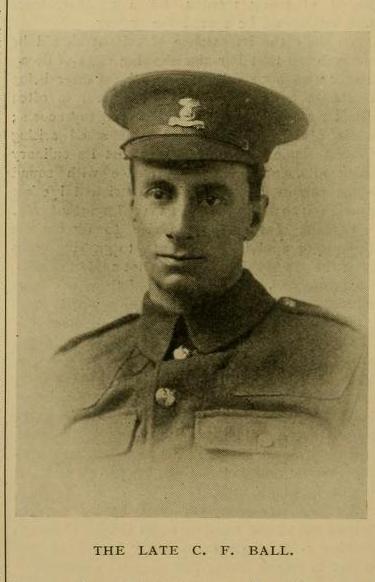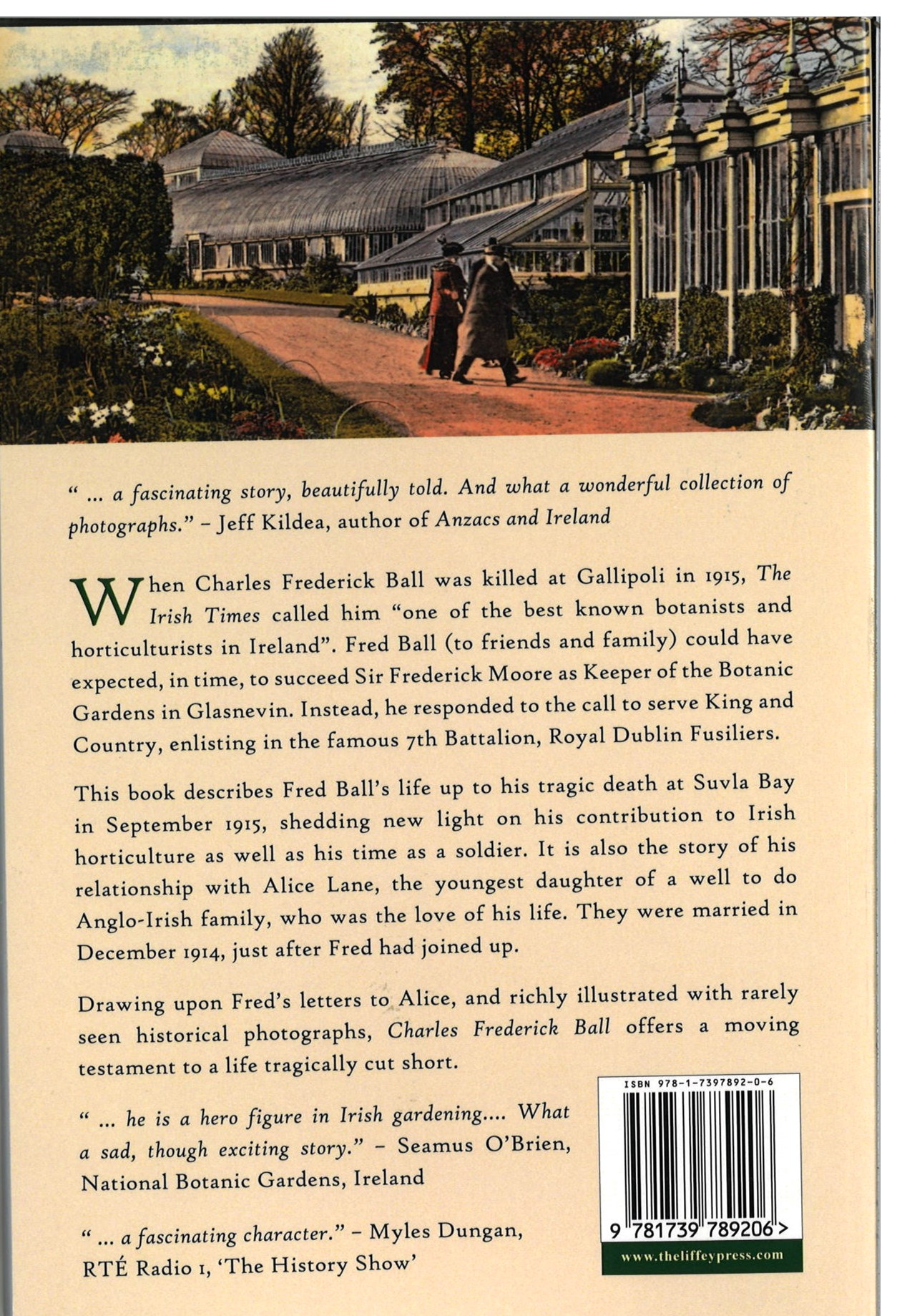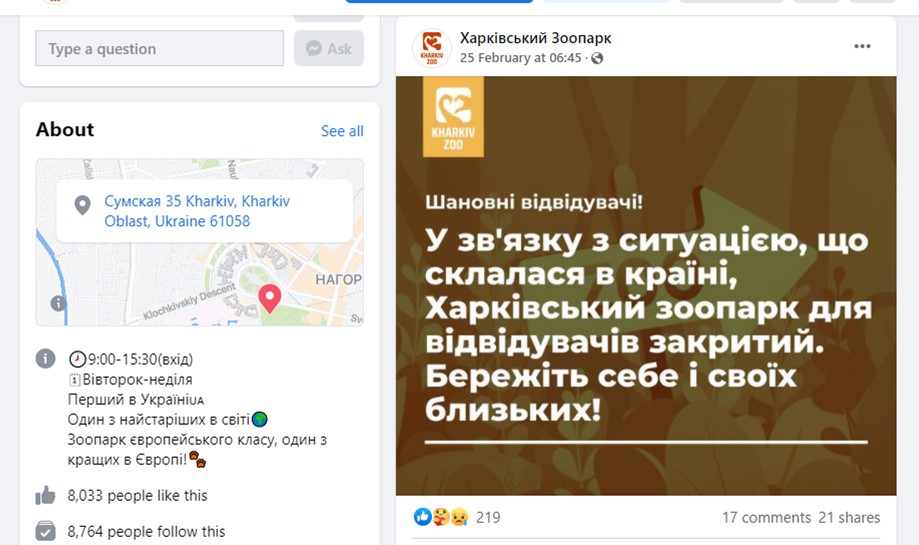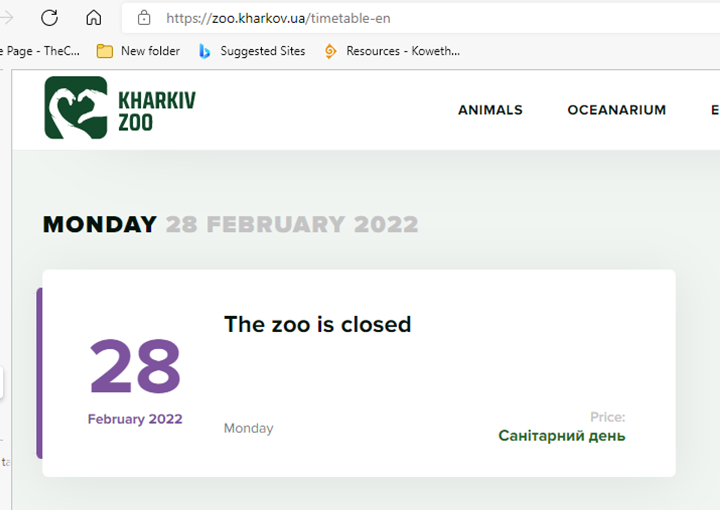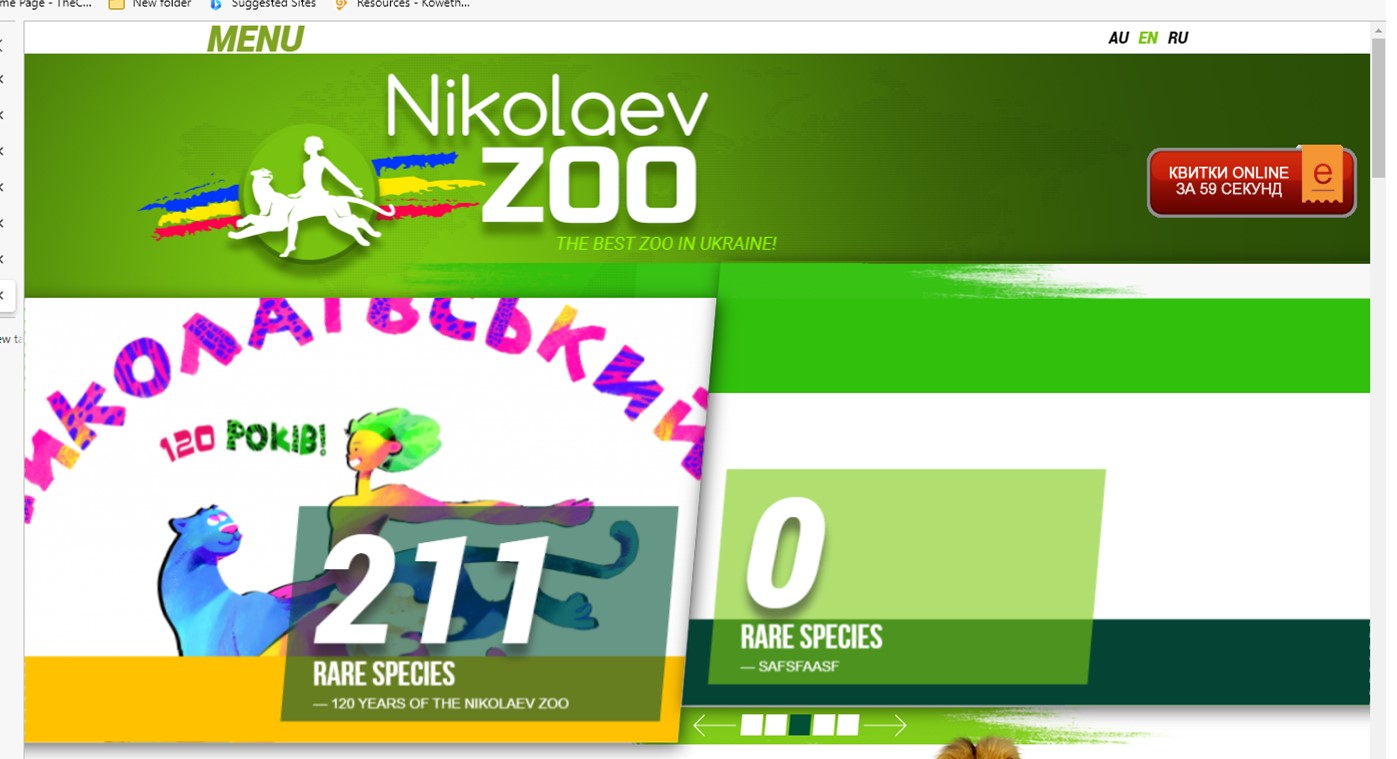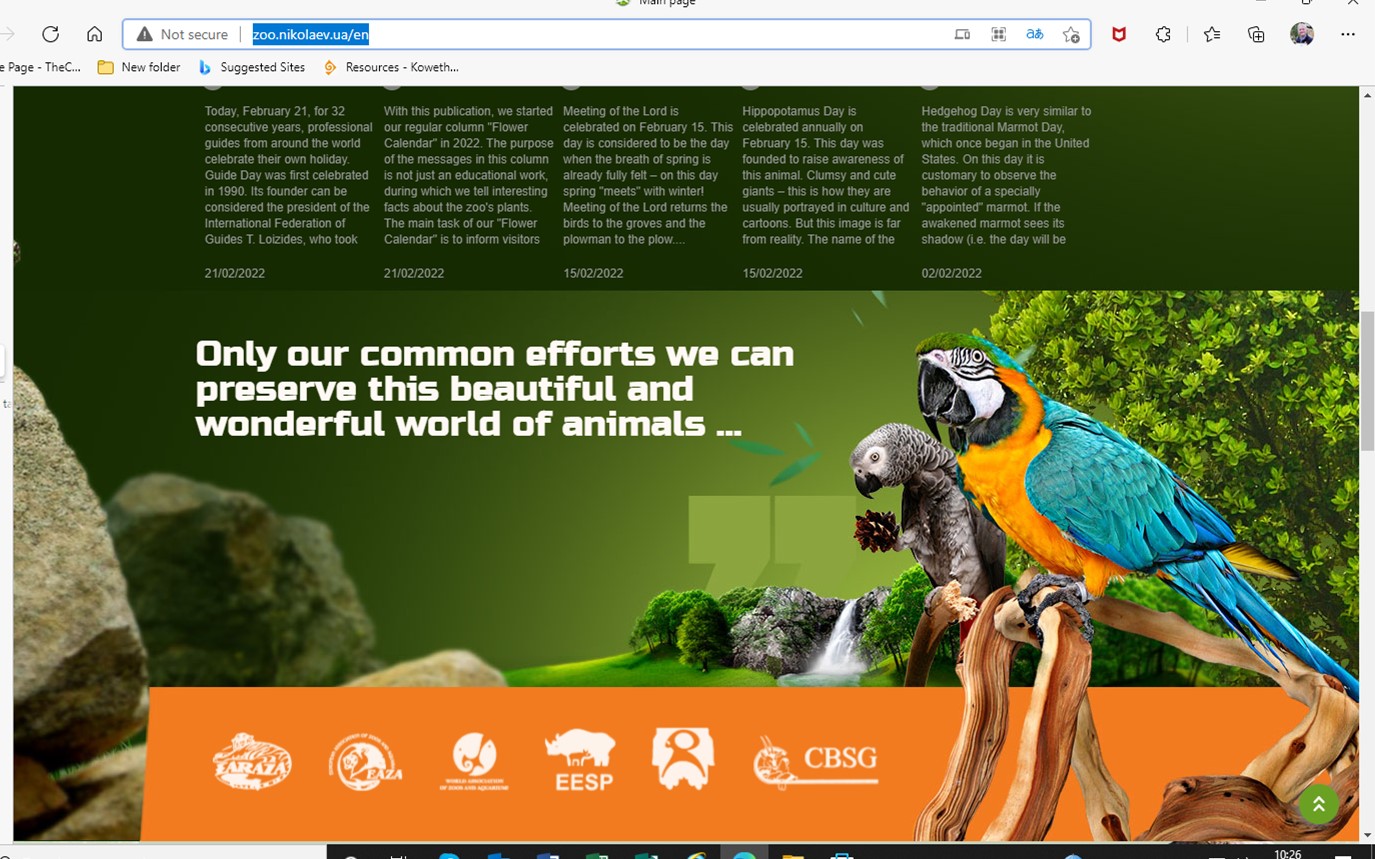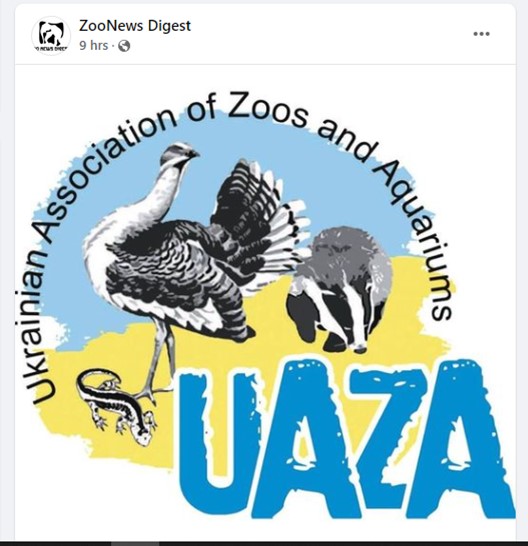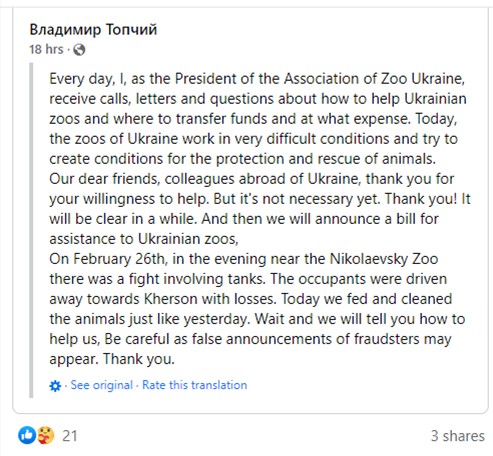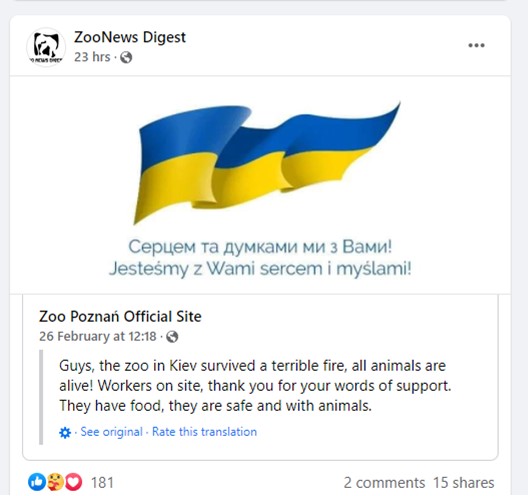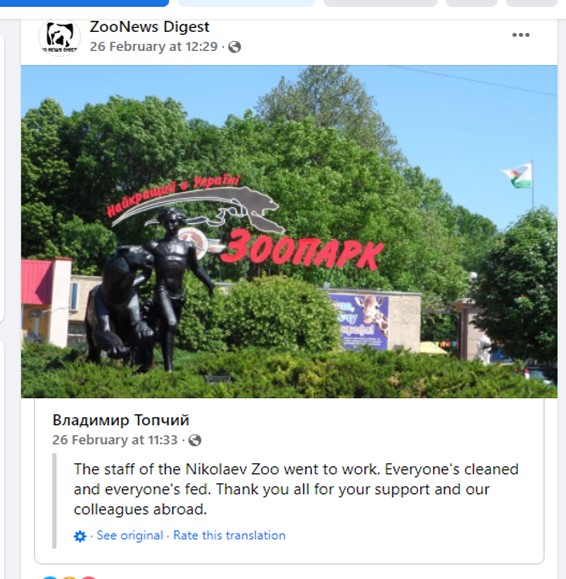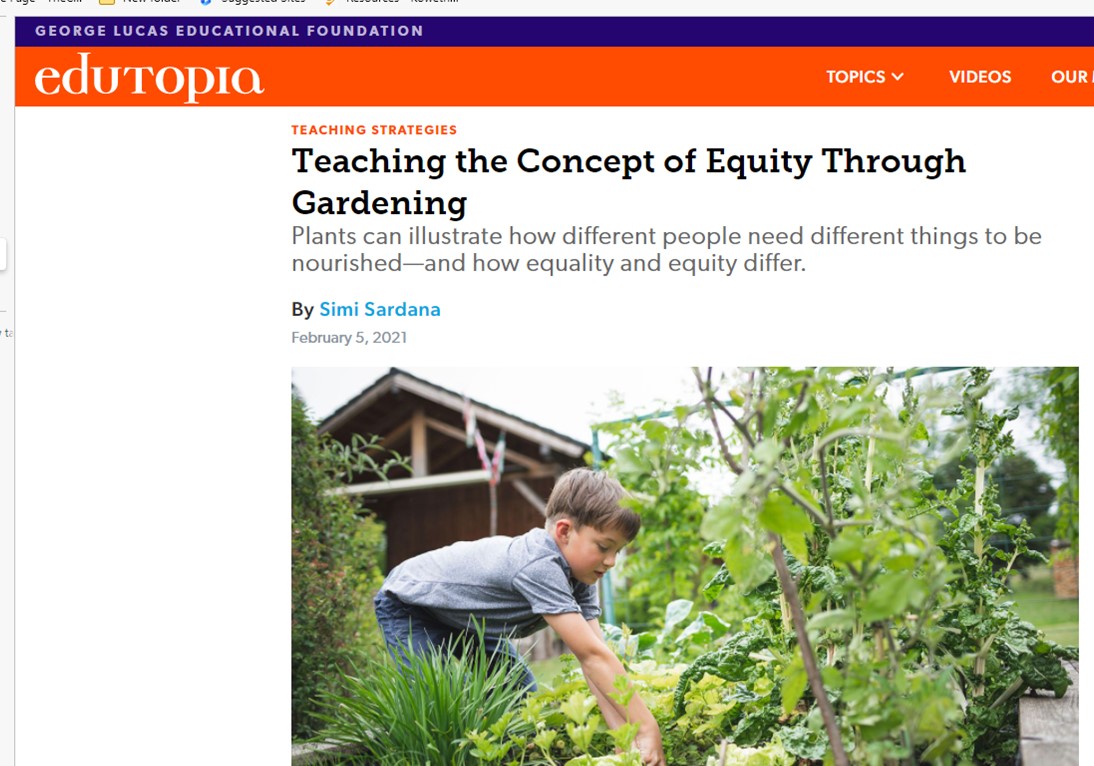November and Armistice / Remembrance is always a bit of a sombre period for the World War Zoo Gardens project.
Although the allotment side has now finished (2009-2019) and some of the research and education materials on wartime food, wartime gardening and wartime life have been moved on to good homes for educational use such as at our local Bodmin Military Museum in Cornwall,
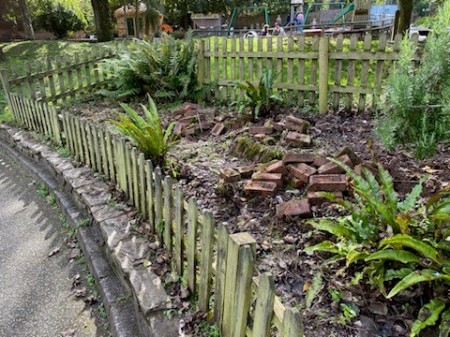
Our wartime zoo keeper’s allotment ready to be re-landscaped back to lawn, 2023/4
we intend to keep this World War Zoo Gardens research blog online partly for its Remembrance section on zoo and botanic gardens war memorials.
Like many public places, at Newquay Zoo we offer staff and visitors the chance to observe the national Two Minutes Silence on 11th November and on Remembrance Sunday morning.
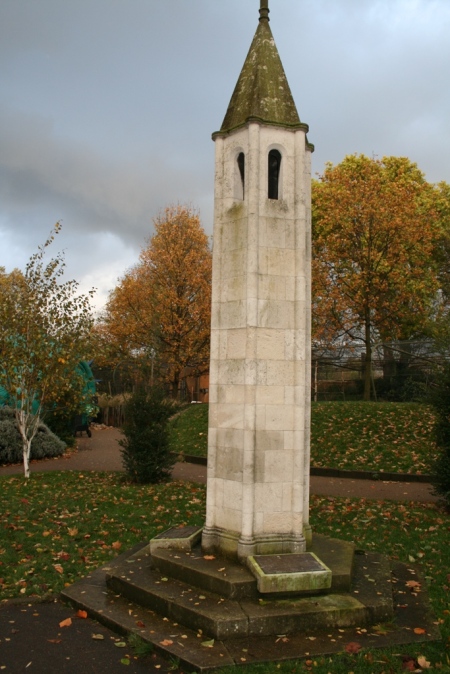
The rare zoo with a staff war memorial – London Zoo still has a gathering of staff who lay wreaths at 11am on Armistice Sunday at their ZSL Staff War memorial.
The Lost Keepers of London Zoo WW1 and WW2
This is the rough listing of dates of death of these ZSL London Zoo staff and Belle Vue Zoo staff. If you read through the past blogs, you will find that we wrote individual blog posts for many of the London Zoo and Belle Vue Zoo around the centenary of their death on active service.
This formal laying of wreaths may not happen at the damaged war memorial to the Belle Vue Zoo staff in Gorton cemetery in Manchester, but I hope a few poppy crosses are left.
 This Victorian ‘theme park’ or leisure gardens creation of Belle Vue Zoo closed in the mid 1970s.
This Victorian ‘theme park’ or leisure gardens creation of Belle Vue Zoo closed in the mid 1970s.
Botanic Gardens often had an animal or zoo element, so we widened our search and found some interesting examples from Edinburgh Botanic Gardens, Melbourne , Birmingham and Kew Gardens amongst others https://worldwarzoogardener1939.wordpress.com/ww1-and-botanic-gardens/
https://worldwarzoogardener1939.wordpress.com/ww2-in-zoos-and-botanic-gardens/
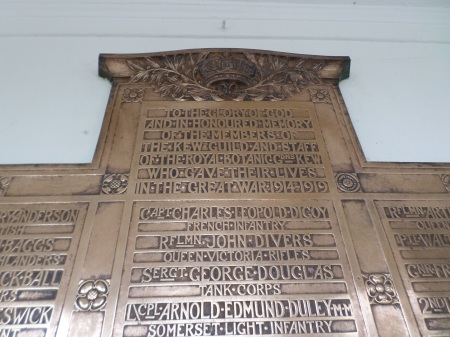
Header panel, Kew Gardens staff war memorial. Image: Mark Norris, World War Zoo Gardens Project
The Lost Gardeners of Kew WW1
The Lost Gardeners of Kew WW2
https://worldwarzoogardener1939.wordpress.com/2013/04/06/the-lost-gardeners-of-kew-in-world-war-two/
Irish Botanic Gardens https://worldwarzoogardener1939.wordpress.com/2016/05/22/commemorating-the-great-war-in-irelands-zoos-and-gardens/
Natural History Museums, Naturalists and Scientists such as the Linnaean Society lost staff in WW1 and WW2
https://worldwarzoogardener1939.wordpress.com/ww1-related-posts/
These are just a few links to the many stories of so many men and women whose lives and careers were changed by WW1 and WW2 across Britain, Europe and the World, alongside the animals and plants they looked after.
As we say at the end of the war memorial service in my Cornish village and many people say around the world on Armistice Day / Sunday – “We will remember them!”
Blog posted on 8th November 2023 by Mark Norris, Newquay Zoo Education Dept.
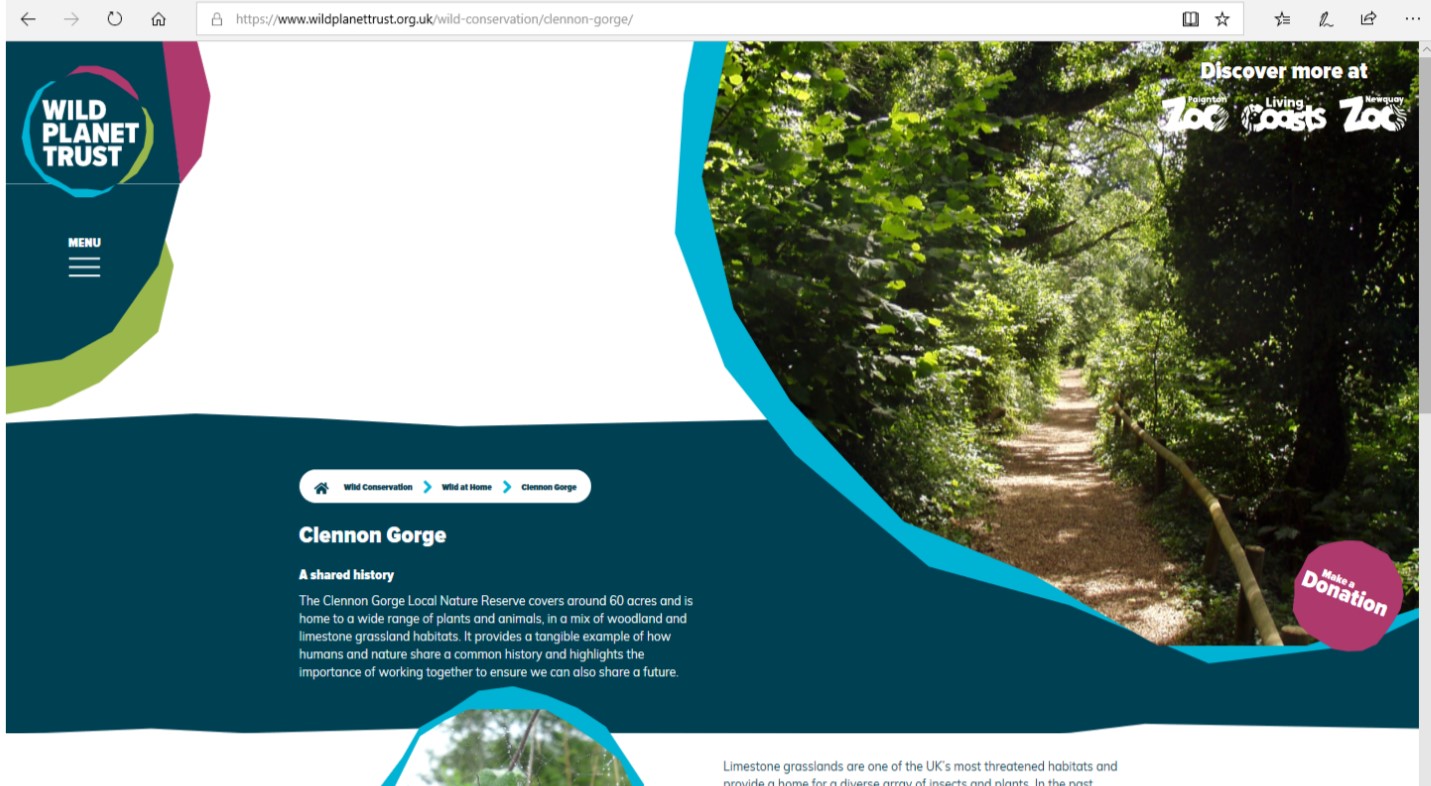 79 years ago many GIs of the US Army quietly left the Torbay, Devon and Cornwall area heading for the beaches of Normandy and D-Day on the 6th June 1944.
79 years ago many GIs of the US Army quietly left the Torbay, Devon and Cornwall area heading for the beaches of Normandy and D-Day on the 6th June 1944.